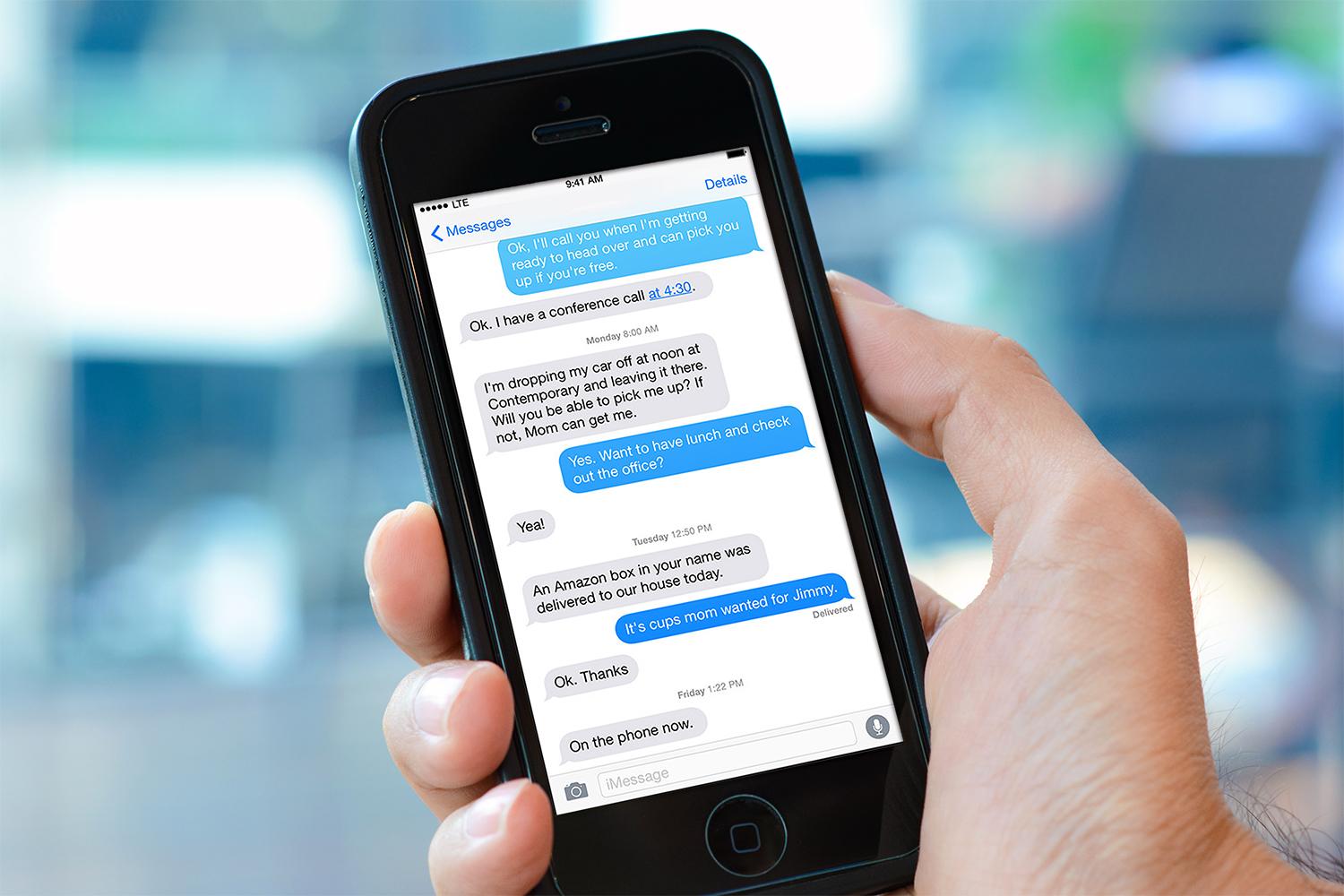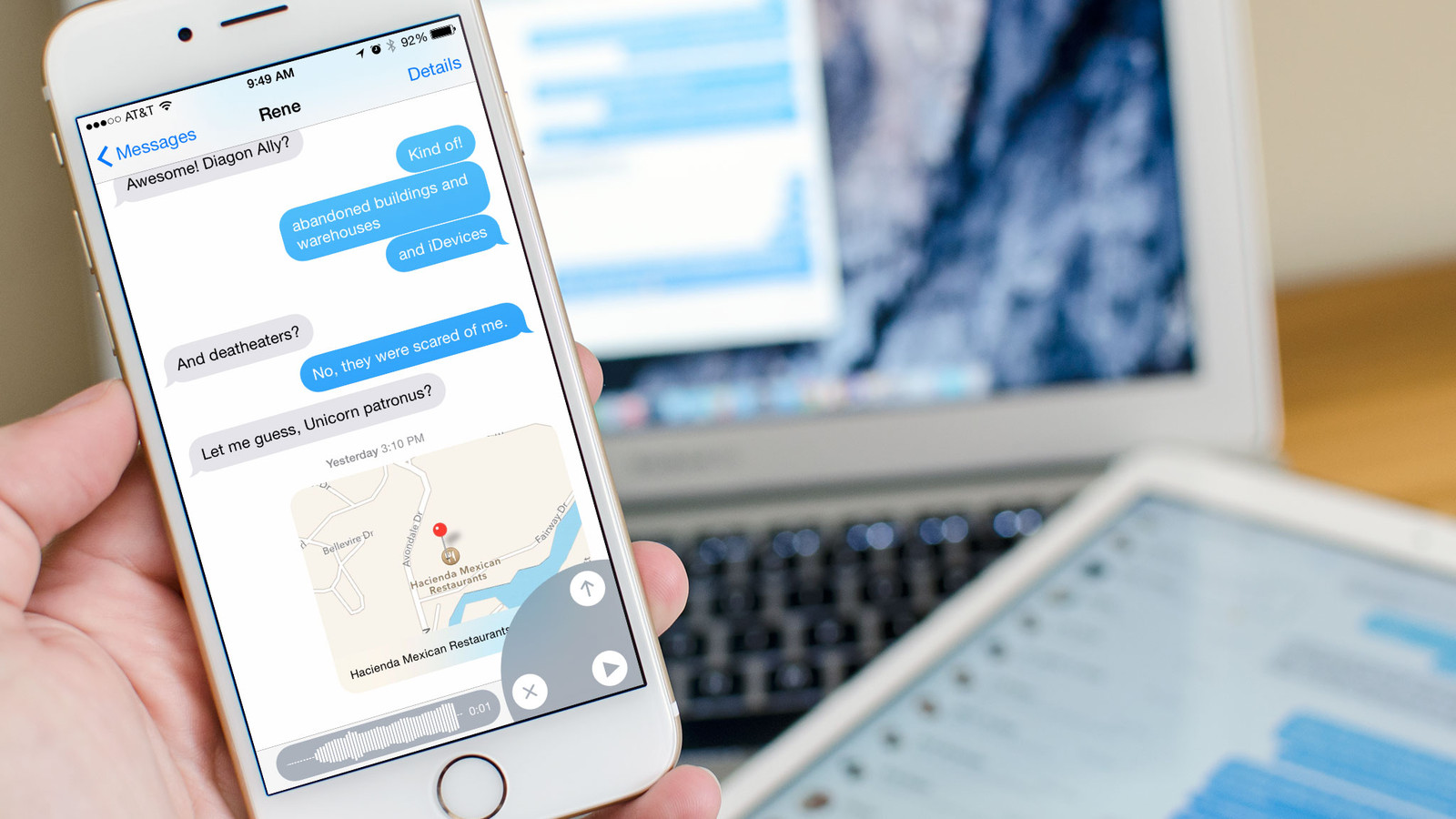Apple says on its website that communications via iMessage are protected by end-to-end encryption in such a way that they can't be accessed on your device without your passcode. What's more, the company says there is no way it can decrypt iMessage data in transit between devices.
What this means, Apple notes, is that it doesn't scan your communications and wouldn't be able to comply with a wiretap order even if they wanted to.
While that may be true, a leaked document recently obtained by The Intercept reveals that Apple does keep some data related to your iMessage excursions.
A document titled iMessage FAQ for Law Enforcement originating from a larger cache of data within the Florida Department of Law Enforcement's Electronic Surveillance Support Team indicates that Apple does keep a log of phone numbers you may attempt to communicate with via iMessage.

Each time you enter a number into your iOS device for a text conversation in Messages, the app reaches out to Apple servers to determine if the number you are trying to reach belongs to a fellow Apple user. If so, it'll route the conversation through Apple's proprietary iMessage platform and if not, it'll take place via traditional SMS.
According to the leaked documents, Apple keeps a log of data each time your phone pings Apple's servers to check for iMessage compatibility. The log is said to include the user's phone number, their IP address, the number they are reaching out to and the date and time of the query. All of this data could be turned over to law enforcement, the publication says, if forced to via court order.
Apple told The Intercept that it only keeps the logs for 30 days although court orders can typically be extended in additional 30-day increments.
It's worth noting that a query to Apple servers doesn't mean communication with another number actually took place. What's more, the leaked document's author indicates they don't believe a query takes place every time a user sends an iMessage.
While the data doesn't explicitly signify that a conversation took place, it can be quite incriminating. In a criminal case, for example, you'd need to explain why you swapped numbers with a particular suspect.
